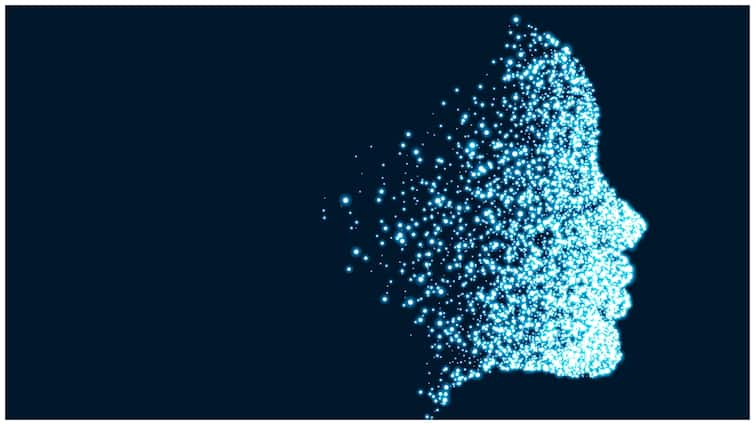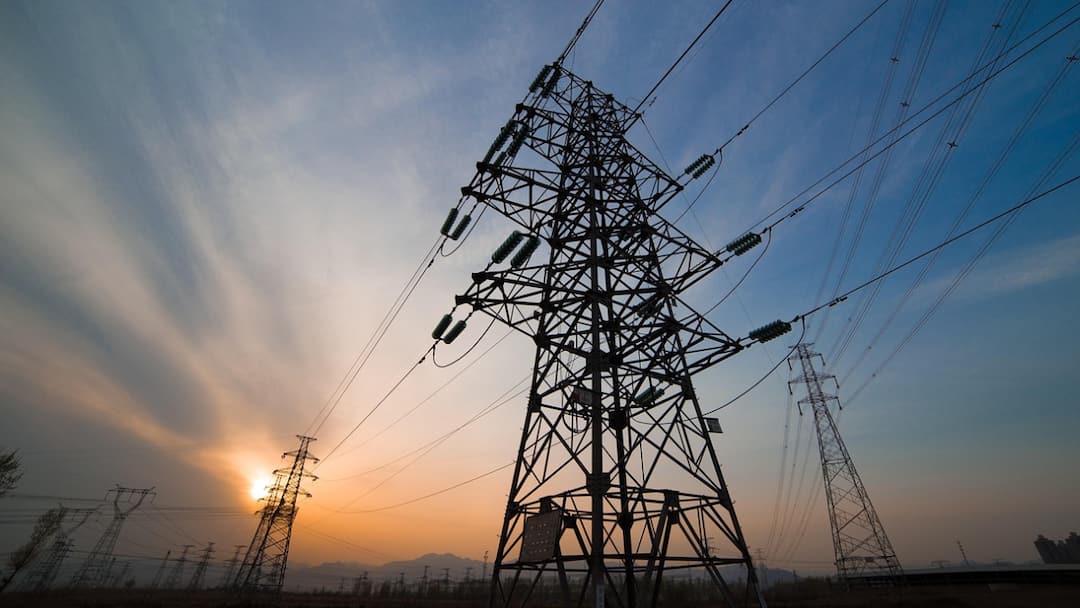By Abhinav Girdhar
Deepfakes, or digitally altered videos closely mimicking real people, were once considered divisive. But modern times call for modern solutions, and deepfakes have given rise to something more thrilling. AI video making has revolutionised many realms in our lives, from changing the way classroom lectures are delivered to the creation of promos to the way stories are told. Just a few clicks and one can now complete complicated tasks that earlier took weeks and months and the effort of an entire production team. We have now entered an era where creativity feels virtually infinite.
However, one must not forget that with great power comes great responsibility; thus, with this liberty of expression, one must not forget the ethics. AI videos are not just to be admired, but we must weigh their use. The criteria for AI content are not only how lifelike a generated face can be, but also about ethics, truth and consent. Innovation must align with these principles to make it a success.
A Creative Revolution Under Way
AI video tools offer incredible possibilities for creators, brands, and studios. These days, a single script can be transformed into a cinematic video in a matter of minutes, complete with dynamic visuals, realistic voices, and facial expressions. AI is now adopted by startups to translate videos into multiple languages while still maintaining the original emotion. To make impossible scenes come to life, even independent filmmakers are experimenting with AI.
AI is growing into the new creative co-pilot in this manner. It lets people tell stories at scale who may not have had access to expensive cameras or editing software. And one of the most exciting cultural changes of our time may be the democratisation of creativity, making it easy for anyone to communicate visually.
The Ethical Crossroads
With creative power comes a great deal of ethical responsibility. The potential for misuse is rising with AI video generation, from identity theft and false endorsements to misleading and manipulated political footage. The same algorithms that enable a brand to tailor a commercial can also be used to spread incorrect or harmful data.
Consent and transparency have hence become the foundation for the next phase of AI video innovation. To earn public trust, there must be responsible data training, consent of the owner and a clear label that says that it is AI-generated content. For organisations that intend to invest in AI, video creation must set standards for ethics and keep pace with advances in technology.
In this stead, ‘AI provenance’ or digital watermarks that work like metadata trails can go a long way in verifying that the video was changed or generated with AI. This is becoming the norm with industry leaders. Under no circumstances must it be considered as stifling creativity; it is more about protecting authenticity in a world where seeing is no longer believing.
A New Partnership Between Humans and Machines
The way AI is changing the creative process is very inspirational. AI does not replace the human imagination; it, in fact, enhances it. For instance, filmmakers can try fresh ideas in a faster manner, instead of manually going through the entire process. Likewise, marketers can test different visual narratives easily. Artists now have a new form available where they can combine the real and imaginary and give wings to their imagination.
Many think AI kills emotions; on the contrary, it enhances emotions through storytelling. We have long passed the time when AI content was cold or artificial; AI-generated videos now have empathy and are guided by human intention. AI-generated videos reaffirm the fact that technology is most efficient when it advances humanity and not merely mimics it.
Balance Between Automation & Authenticity
The future belongs to AI-based video creation, but it depends largely on creating a balance between automation and authenticity, as well as creativity and accountability. While earlier there were a few roadblocks, such as limited cash, time or skill, the new generation of educators, storytellers and entrepreneurs shall connect across cultures and communities by using AI to their advantage.
The chaos created by deepfakes is real, but there is a deeper truth – AI videos shall leverage and showcase imagination instead of creating deception. It is an incentive to creators and technologies as they create a future where innovation and integrity will coexist. The generated frames will reflect ethical principles as well as human creativity and be put to good use.
Ultimately, the question was never about whether machines can make art. It is more about humans ensuring that art will help us create expressions that shall help us speak from the heart.
(The author is the Founder & CEO, Appy Pie)
Disclaimer: The opinions, beliefs, and views expressed by the various authors and forum participants on this website are personal and do not reflect the opinions, beliefs, and views of ABP Network Pvt. Ltd.


